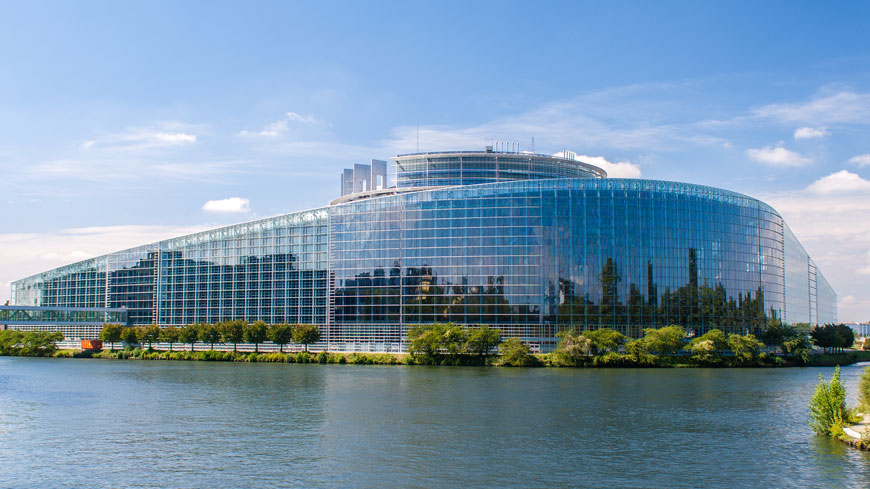The Council of Europe's Relations with the European Union
The Council of Europe and the European Union (EU) have developed a strategic partnership, which draws on a long tradition of co-operation based on their shared values: human rights, democracy and the rule of law. Each benefits from the other’s respective strengths and comparative advantages, competences and expertise, whilst avoiding unnecessary duplication.

At their 4th Summit held in Reykjavik on 16-17 May 2023, Heads of State and Government of the Council of Europe recognised that the European Union is the main institutional partner of the Council of Europe in political, legal, and financial terms:
“The European Union is the main institutional partner of the Council of Europe in political, legal, and financial terms. We underscore the importance of joint programmes between the European Union and the Council of Europe as a key expression of this strategic partnership and mutual commitment to promoting common values. We welcome the unanimous provisional agreement on the revised draft accession instruments as an important accomplishment in the process of accession of the European Union to the Convention, and we express our commitment to its timely adoption. This will set the relations between the Council of Europe and the European Union on a new path of reinforced co-operation”.
Reykjavík Declaration - United around our values
In practice, co-operation embraces all sectors of the Council of Europe and a wide spectrum of activities, making the European Union an “across the board” partner.
To quote Jean-Claude Juncker, “the Council of Europe and the European Union were products of the same idea, the same spirit and the same ambition. They mobilised the energy and commitment of the same founding fathers of Europe[1].” Since the creation of the European Community, the forerunner of the European Union, co-operation between the two organisations has been very intense.
The 2007 Memorandum of Understanding (MoU)
Co-operation between the Council of Europe and the European Union is currently governed by the 2007 Memorandum of Understanding between the two organisations. The MoU confirms the role of the Council of Europe as the benchmark for human rights, the rule of law and democracy in Europe, stipulates the need for coherence between the two Organisations’ legal norms in the fields of human rights and fundamental freedoms, and encourages the Council of Europe and the European Union to work together even more closely in the future.
A strategic partnership
In practice, the strategic partnership, which has developed in recent years, has been further strengthened through its three pillars: political dialogue, legal co-operation and co-operation projects.
Political dialogue
With a view to coordinating positions and policies on geographical and thematic issues, high-level consultations are organised with, in particular, the President of the European Commission, the First Vice-President, the High Representative for Foreign Affairs and Security Policy/Vice-President of the European Commission and other Members of the European Commission, the President of the Council of the European Union and the President and other Members of the European Parliament.
Legal co-operation
Inter-institutional contacts are maintained with a view to furthering synergies between the EU and Council of Europe monitoring and advisory bodies, and between Council of Europe standards and EU legislation. This also applies to EU candidate and potential candidate countries, as well as the EU’s European Neighbourhood Policy countries, on which the EU calls upon to draw on Council of Europe expertise.
Co-operation projects
Numerous joint programmes to promote respect for democracy, human rights and the rule of law are implemented. These Joint Programmes represent the largest source of funding sustaining Council of Europe technical assistance and co-operation projects in support of democratic stability.
Mutual representation
The Liaison Office of the Council of Europe to the European Union in Brussels and the Delegation of the European Union to the Council of Europe in Strasbourg ensure the best possible coordination of the cooperation between the two organisations.


